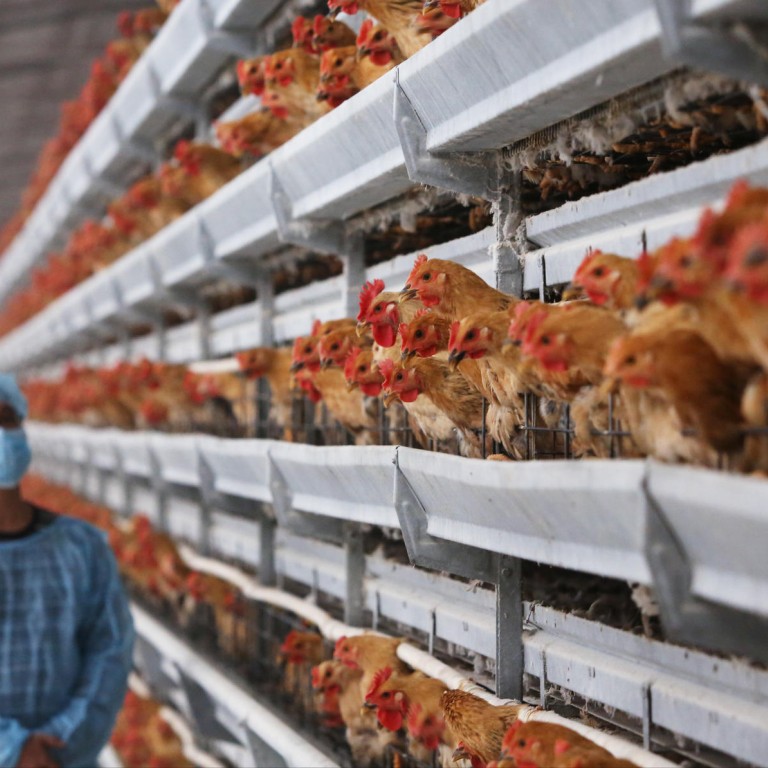
Ban on Chinese live poultry extended for four months
A ban on live poultry from the mainland, to prevent the entry of the deadly H7N9 flu virus, has been extended for four months but sales of live local chickens resume today.
A ban on live poultry from the mainland, to prevent the entry of the deadly H7N9 flu virus, has been extended for four months but sales of live local chickens resume today.

Secretary for Food and Health Dr Ko Wing-man said the extension of the ban on mainland chickens would give the government time to seek a site where mainland birds could be segregated from the local birds while virus test results were awaited.
"Since it requires time to consider and set up related facilities, we're unable to implement the arrangements tomorrow when the poultry wholesale market reopens, so we decided to suspend imports," Ko said.
Local farmers and traders, whose chickens were among 20,000 culled at the Cheung Sha Wan wholesale market last month, said they were unfairly penalised because birds from the two sources had been mixed.
Ko said the choice of a segregation site had yet to be made. Government land at Fu Tei Au in Sheung Shui is the most favoured choice so far, but the slope has to be levelled and sewage treatment facilities have to be installed. The land is vacant and has no farms nearby, the Food and Health Bureau said.
University of Hong Kong microbiologist Yuen Kwok-yung said the decision would reduce the risk of cross-infection. But he warned the greatest risk for Hongkongers contracting the virus remained visits to live-poultry markets on the mainland.
Usually, about 7,000 live chickens are imported from the mainland each day, while local farms supply about 12,000.
Poultry Wholesalers Association chairman Tsui Ming-tuen opposed the government's decision and criticised the delay in finding a segregation site.
"It is unreasonable to take four months to look for a place. This decision is unfair to mainland chicken farmers." Tsui said.
He warned that local farmers might raise their prices when there was no competition from the mainland.
Local breeders, however, said some chickens would be sold at a discount as breeders were desperate to get rid of the 600,000 overage chickens that had accumulated in the farms in the three-week trade suspension.
Regal Cheng Chin-keung, who supplies locally bred chickens, sent 50 per cent more stock than usual to the wholesale market yesterday.
The government's plan for HK$17.7 million compensation and ex gratia payments to poultry operators will be tabled in the Legislative Council's Finance Committee on Friday.

